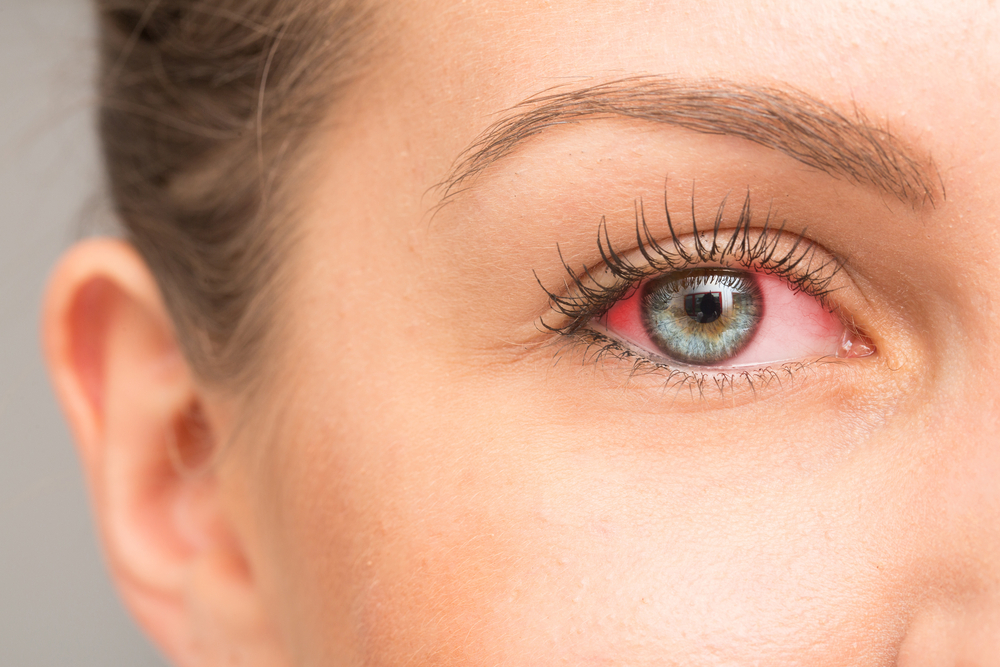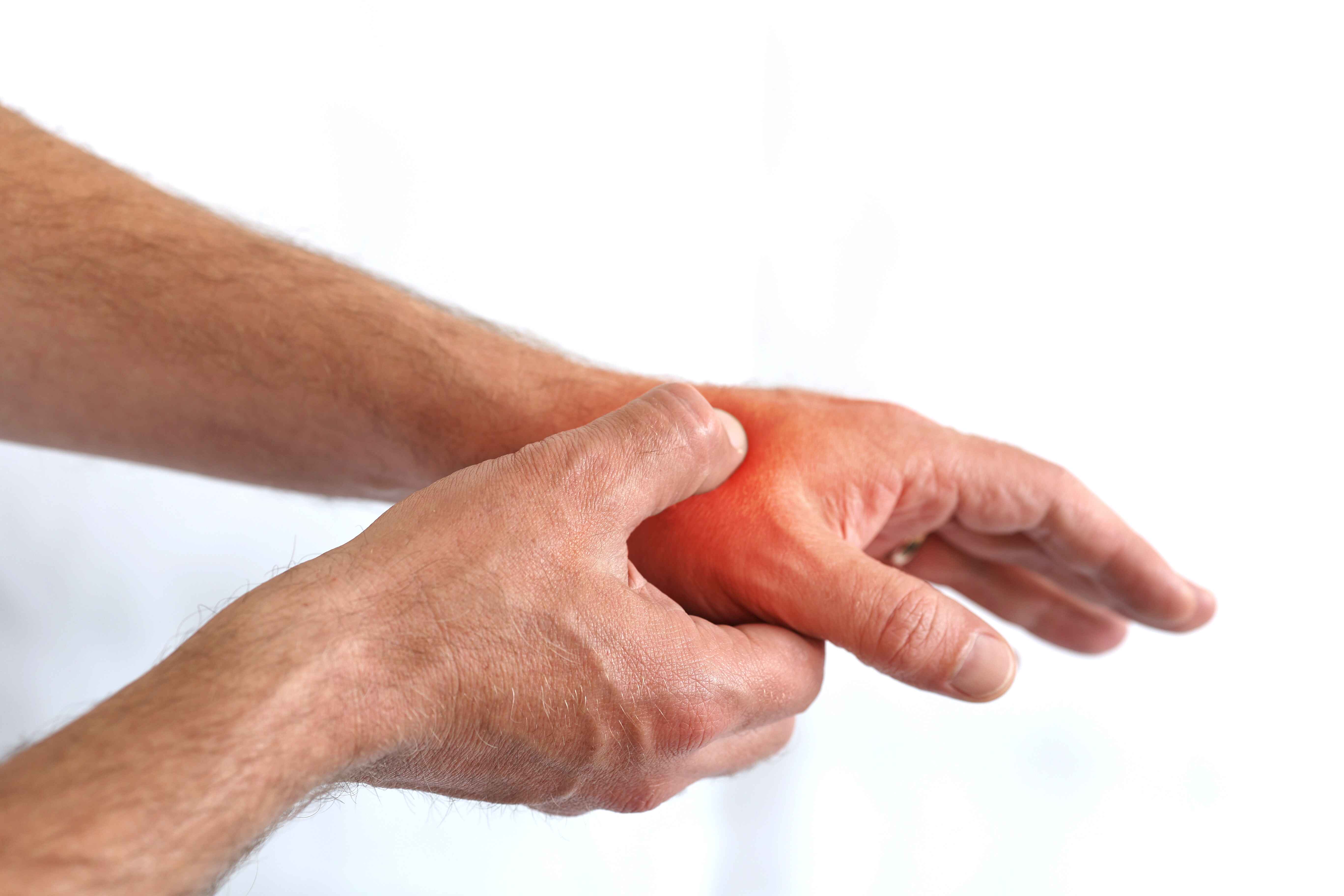Red Eye: Causes, Symptoms, Treatment & Home Remedies
Written By: Dr. Tarek Younis
Updated On:December 27, 2023

What is Red Eye?
Itching or damage might cause your eye to turn red. Some cases of eye redness can be treated at home, while others need medical attention. An eye care professional can treat your red eye, especially if it is accompanied by pain, fever, impaired vision, discharge, or other symptoms.
The term "red eye" is used to describe eyes that are red, inflamed, and/or bloodshot. Tiny blood vessels under your eye's surface enlarge or become irritated, which causes the redness. It typically occurs as a response to something bothering your eye. Both eyes or just one of them may be red. Red eyes can emerge suddenly or gradually, as in the case of allergies or an eye injury.
Symptoms of Red Eye
In addition to your eye turning red, some other symptoms of red eye may include the following:
- Eye(s) discomfort
- Itching
- Eye(s) discharge
- Enlarged eye(s)
- Vision changes, such as blurry vision
Therefore, depending on the circumstances, your red eye may feel like:
- Feels uncomfortable or itchy, as if something is in your eye
- Tender
- Very wet or dry
- Goopy or crusty, especially if an infection's pus is present
When to see a doctor for Red Eye?
Redness of the eye might occasionally indicate a more serious eye ailment or disease, even though red eye normally goes away on its own. To get a diagnosis and receive treatment, consult an ophthalmologist if you experience any of the following:
- Your eyes are delicate.
- You experience visual issues.
- Your eyes become more light-sensitive.
- You experience symptoms that last a week or longer or that are getting worse rather than better.
- Much of the pus or mucus coming from your eye dries into crusts.
- You also feel pain in your eyes and may have a fever.
If you have red eye and any of the following other symptoms, schedule an appointment with your eye care professional right away to receive treatment:
- Eye discomfort
- Sensitivity to light
- Swelling
- Unclear vision
Red Eye Causes
There are numerous reasons for red eyes. Your eyes may occasionally become red after wearing contact lenses or after spending too much time staring at a computer screen. Some typical other causes of red eyes include the following:
- Allergies
- Blepharitis
- Pink eye (conjunctivitis)
- A dry eye
- Eye injury
- Glaucoma
Red Eye Complications
Red eyes are frequently not harmful. However, some illnesses that result in red eyes have the potential to be more harmful. You should speak with your doctor if the redness in your eyes persists for more than a day or two or if your little kid has red eyes. Moreover, if you experience eye pain or discharge, call your doctor. If you don't address your red eye, which may indicate a more serious problem than simple irritation, you risk losing your vision.
Red Eye Treatment
See a doctor if the redness in your eyes is accompanied by pain or changes in your vision. Doctors will enquire about your symptoms, existing medical illnesses, and any issues that may have irritated your eye. They might also check your eye.
The doctor may recommend a course of treatment that lessens your symptoms based on your diagnosis. This probably includes one of the following:
- Steroid pills or eye drops
- Prescription eye drops for diseases, such as allergies, dry eye, or glaucoma
- A laser procedure, which happens in the case of acute angle-closure)
- Topical therapy you put close to your eyes
- Antimicrobial medicines, including eye drops or tablets,
Red Eye Home Remedies
There are numerous treatments for red eyes, many of which you can perform on your own at home. The following actions frequently alleviate symptoms of red eyes:
- Rest
- Cover your closed eyelids with cool compresses
- Rubbing your eyelids gently
- Cleaning your eyelids gently
Red Eye Prevention
Although you can't stop every instance of red eyes, you may be able to lower your risk by following the preventative measures:
- Avoid rubbing your eyes. Your hands and fingers may get even more red and irritated if they are covered in dirt and bacteria.
- Don't use your contact lenses for any longer than is advised, and keep them clean.
- Keep your eyes clean and remove your eye makeup appropriately.
- If you spend a lot of time staring at a computer screen, take regular breaks.
- Avoid items like dust, smoking, and pet dander if you know they make your eyes itchy.
- Mold exposure can irritate the eyes. Hence, in order to keep your home dry and mold-free, utilize a dehumidifier.
- Use proper hand washing practices to prevent a variety of illnesses.
Almost everyone will have red eyes at some point in their lives. When your eyes are irritated, they appear, and when the inflammation subsides, they disappear. However, there are several circumstances, such as when you experience pain or have visual issues, when you should have your eyes examined. When in doubt about a problem with your eyes, it's always a good idea to speak with a healthcare professional.
References
Cronau, H., Kankanala, R. R., & Mauger, T. (2010). Diagnosis and management of red eye in primary care. American family physician, 81(2), 137-144.
Frings, A., Geerling, G., & Schargus, M. (2017). Red eye: A guide for non-specialists. Deutsches Ärzteblatt International, 114(17), 302.
Leibowitz, H. M. (2000). The red eye. New England Journal of Medicine, 343(5), 345-351.
Mahmood, A. R., & Narang, A. T. (2008). Diagnosis and management of the acute red eye. Emergency Medicine Clinics of North America, 26(1), 35-55.
Wirbelauer, C. (2006). Management of the red eye for the primary care physician. The American Journal of Medicine, 119(4), 302-306.
Meet our doctors from the Ophthalmology department



























